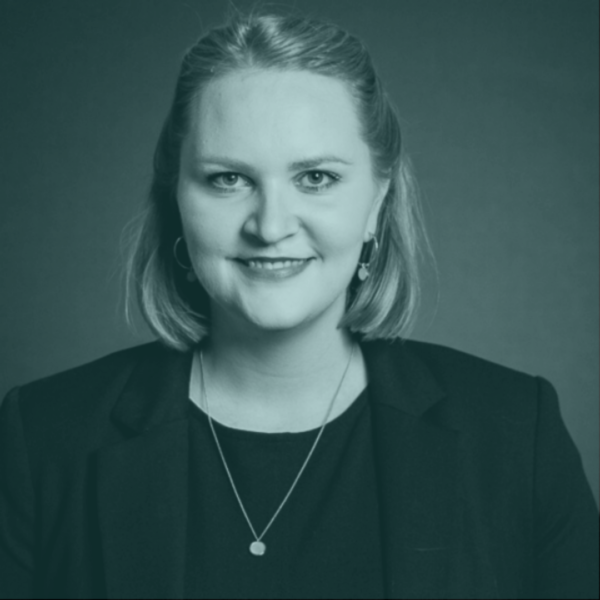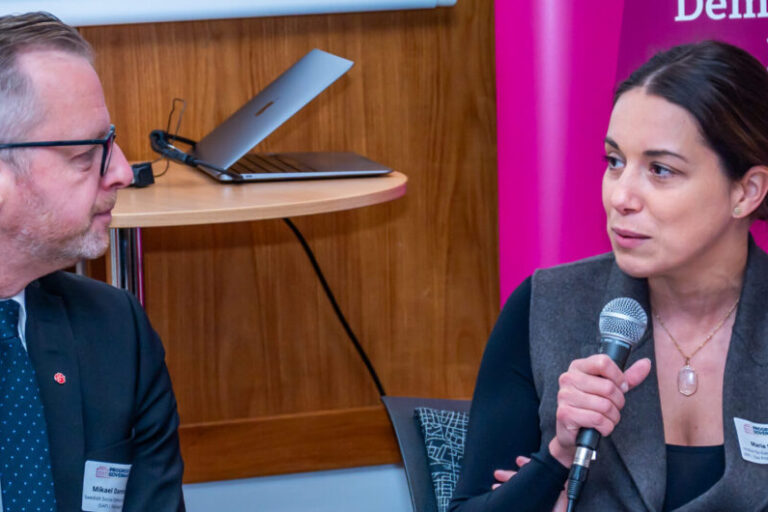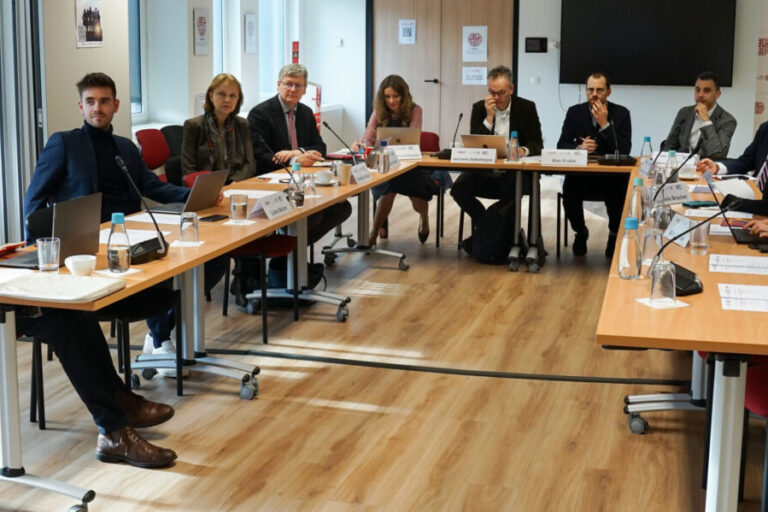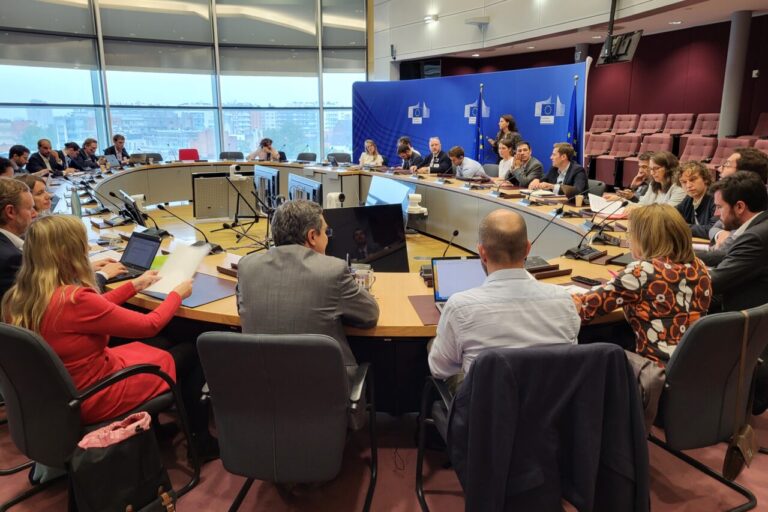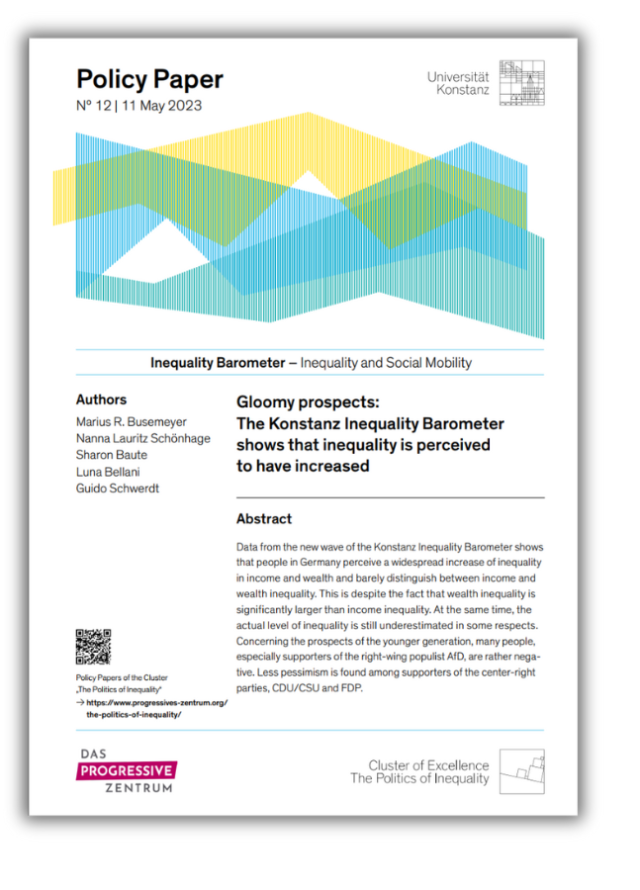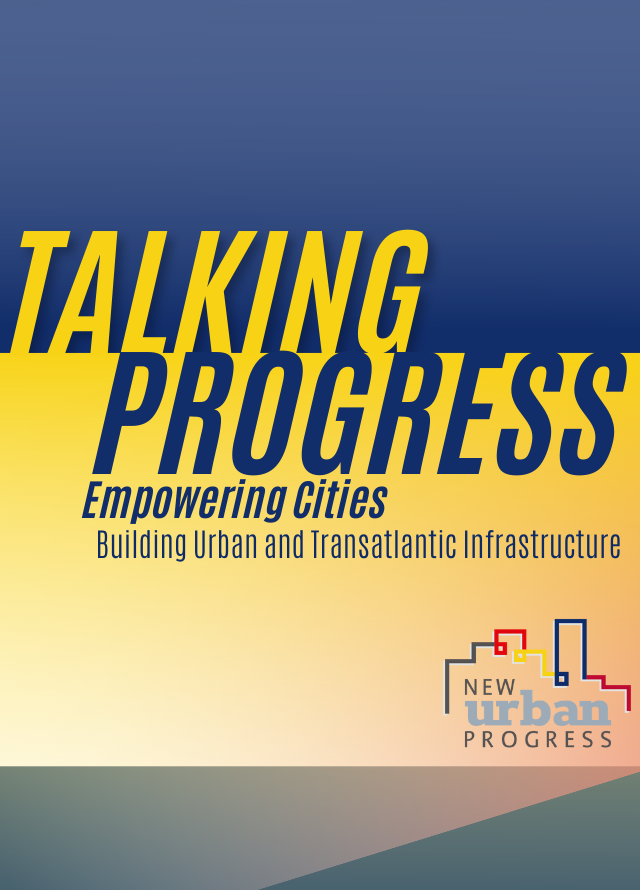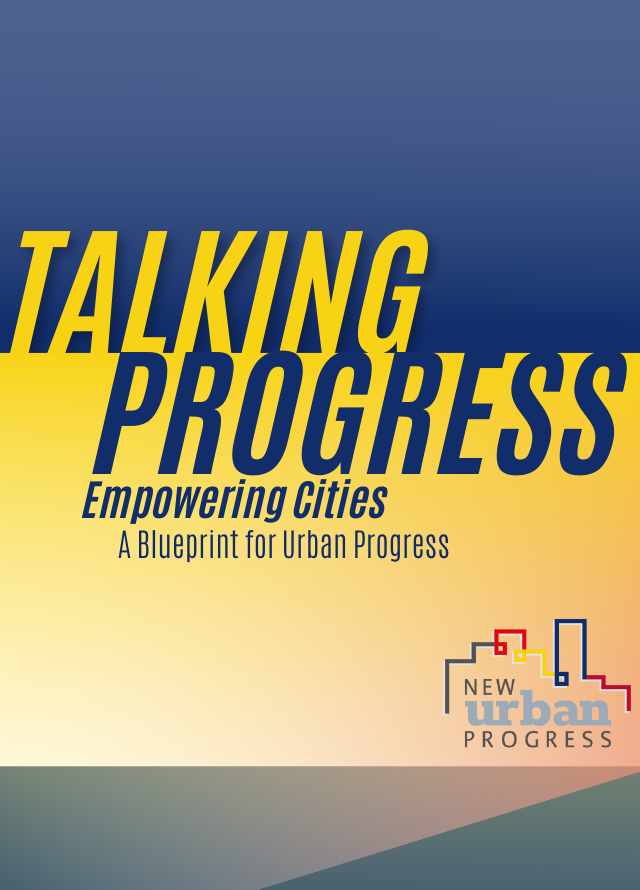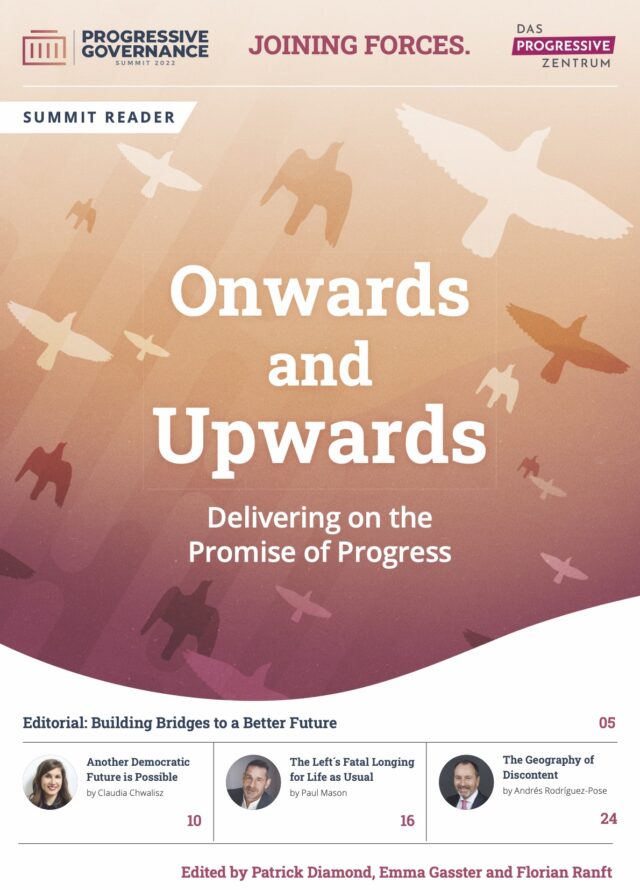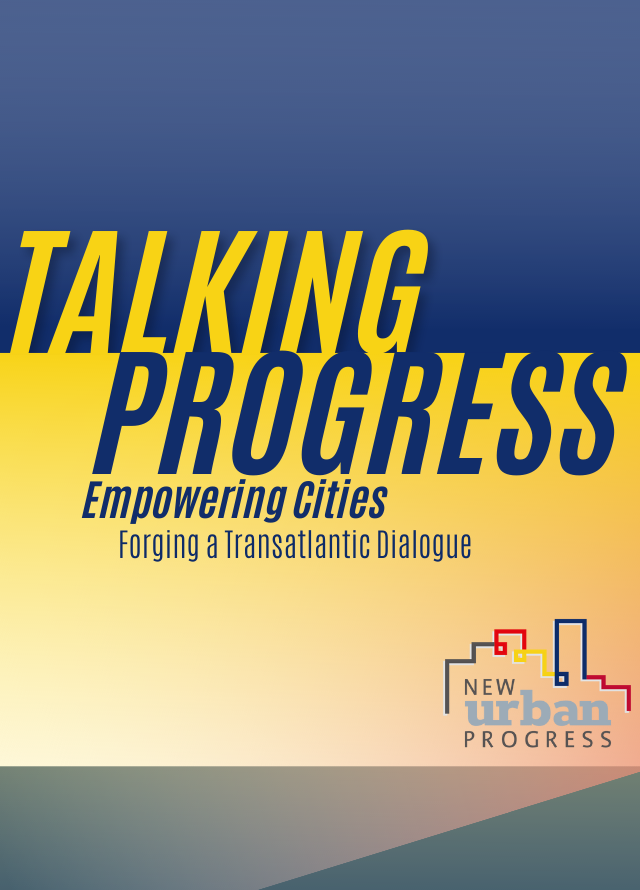Lessons from Germany for a Just Transition
Posted on
To gain support from the people, the green transition needs to address social concerns, allow for democratic participation, and be implemented locally.
Progressive Governance – Stockholm Seminar 2023
Posted on
Ahead of the crucial election year 2024, pressure from the far right rises. During our two-day seminar in Stockholm, one question we particularly focussed on was what progressives can learn from the Swedish experience of dealing with right-wing populism in the upcoming election year.
Towards a progressive toolbox to deal with inflation - Progressive Economics Network Expert Meeting in Brussels
Posted on
How can we categorise different types of market interventions to deal with inflation implemented over the last two years? What were their costs, benefits, and impacts? How can we prepare for future inflation shocks?
Progressive Governance – Stockholm Seminar 2023
Posted on
Ahead of the crucial election year 2024, pressure from the far right rises. During our two-day seminar in Stockholm, one question we particularly focussed on was what progressives can learn from the Swedish experience of dealing with right-wing populism in the upcoming election year.
Towards a progressive toolbox to deal with inflation - Progressive Economics Network Expert Meeting in Brussels
Posted on
How can we categorise different types of market interventions to deal with inflation implemented over the last two years? What were their costs, benefits, and impacts? How can we prepare for future inflation shocks?
Getting the Green Deal Done: Progressive Economics Network meets in Brussels
Posted on
How can member states achieve their industrial policy and green investment ambitions while ensuring fiscal sustainability during the process of turning the European economic framework greener and cleaner?
A Progressive Answer to the Territorial Divide
Posted on
Beyond mere electoral considerations – with European elections looming – it remains a crucial task for democrats to understand the reasons for the rise of far-right ideologies. Factors such as the perception of a migration crisis and a degraded public debate serve as catalysts for the proliferation of these ideologies. Access to social infrastructure emerges as a pivotal factor, underscoring the need for comprehensive policies that extend beyond the ballot box.
Lessons from Germany for a Just Transition
Posted on
To gain support from the people, the green transition needs to address social concerns, allow for democratic participation, and be implemented locally.
Germans significantly underestimate unequal distribution of income and wealth
Posted on
Summary The German public greatly underestimates how unequally income and wealth are distributed in Germany. People with higher incomes and wealth tend to underestimate their financial situation, while in turn, those with less financial means tend to overestimate their standing relative to the overall population. The result of these misjudgments is that many more people …
Empowering Cities: Building Urban and Transatlantic Infrastructure
Posted on
What are successful approaches and polices to the most pressing issues for German and US cities? How can cities and international networks strengthen the transatlantic partnership?
Empowering Cities: A Blueprint for Urban Progress
Posted on
City leaders share the same worries: Climate change, rising inequality, housing insecurity and health inequity, to name a few. They talk about working towards progress. But how can a city’s development in these areas really be assessed?
Empowering Cities: A Blueprint for Urban Progress
Posted on
City leaders share the same worries: Climate change, rising inequality, housing insecurity and health inequity, to name a few. They talk about working towards progress. But how can a city’s development in these areas really be assessed?
Empowering Cities: Forging a Transatlantic Dialogue
Posted on
Does Germany struggle with its unhoused populations the same way as cities in the United States do? What can the U.S. learn from Germany when it comes to improving public transportation infrastructure?
The Majority is Convinced: New German Administration is Future-Oriented
Posted on
SPD, Greens and FDP have stepped up as a Future-Oriented coalition







